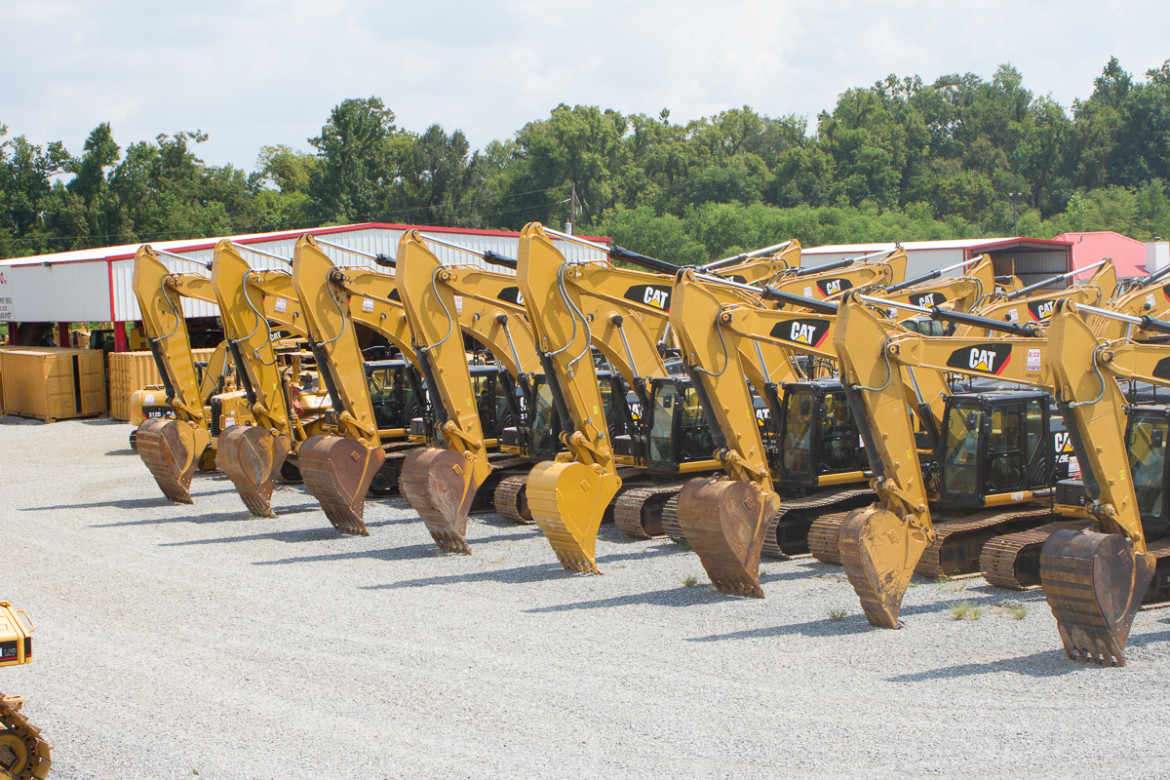Buying equipment may not always be necessary or possible when embarking on a project of any nature. Renting or leasing is the most preferred method of acquiring heavy equipment.The process involves identifying specific equipment that is needed to perform a specific task, negotiating an agreement and payment of an agreed sum periodically. Easy, no? I beg to differ, renting of equipment is a complicated and highly structured affair. It is important to pay keen attention to the laid terms of renting a specified piece of equipment. This goes a long way in ensuring you get the best possible deal.

Renting and leasing has become popular in today’s building trends. This may be attributed to several factors surrounding equipment purchase mainly its shortcomings over the merits. A leasing or rental agreement is a legally binding procedure or document. It is therefore incumbent upon the renting party or the lessee to read through and thoroughly understand the provisions and what the agreement generally has to offer. While undertaking an equipment rental there are certain questions albeit tough but necessary to ask. These are:
- What are the renting rates? Different equipment renting companies offer different rates. Depending on your financial ability and budget, you may opt for one company’s rates over another.
- What is the average response time to equipment breakdown? Machines being machines are bound to break down at some point. This doesn’t mean that a particular project has to grind to a halt over a piece of broken down equipment. The more time spent off the project translates to losses. An equipment renting company should have a concise plan of action in the event a machine breaks down. This could mean immediate replacement or a dedicated team of repair technicians on standby.
- Are there any additional fees or hidden costs? Historically, legal documents, if left unchecked by one party, have a way on leaving egg on the face of the said party. A lack of oversight from one renting party would translate into additional costs that would ruin a budget or even land a shorthanded deal. This is particularly important to iron out. For instance, it is common knowledge that fixed movable assets diminish in value over time. A renting agreement may incorporate this fact into a clause requiring the renting party to compensate the diminished value at the end of the renting period. That on top of the periodic fees of course.
- What is the equipment’s state? This question addresses the issue of how up-to-date the machinery is. This goes a long way in ascertaining whether or not the prospective equipment is capable of meeting your particular project’s needs. The newer the better.
- Does the renting company offer any training on the use of the rented equipment? Let’s face it, heavy equipment is quite intimidating to the untrained user. For example, a five minute crash-course on the use of a 20 or 30 ton bulldozer won’t help a thing. Specialized equipment requires specialized training. That being said, does the renting company offer an operator as part of the package?
These concerns are an important safety check when considering equipment rentals. Another important aspect often overlooked during the renting process is the personal safety of the crew operating the said equipment. Heavy equipment unlike renting a bike should be accompanied with safety precautions and a set of dos and don’ts. Most countries have a legal provision that specifically safeguards the safety of workers. Heavy equipment is rated among the top causes of work related injuries across the world. There’s simply no second chances when it comes to safety.
Written by Lindsey Rentals. Lindsey Rentals offers the best equipment rentals in Columbia, MO.

